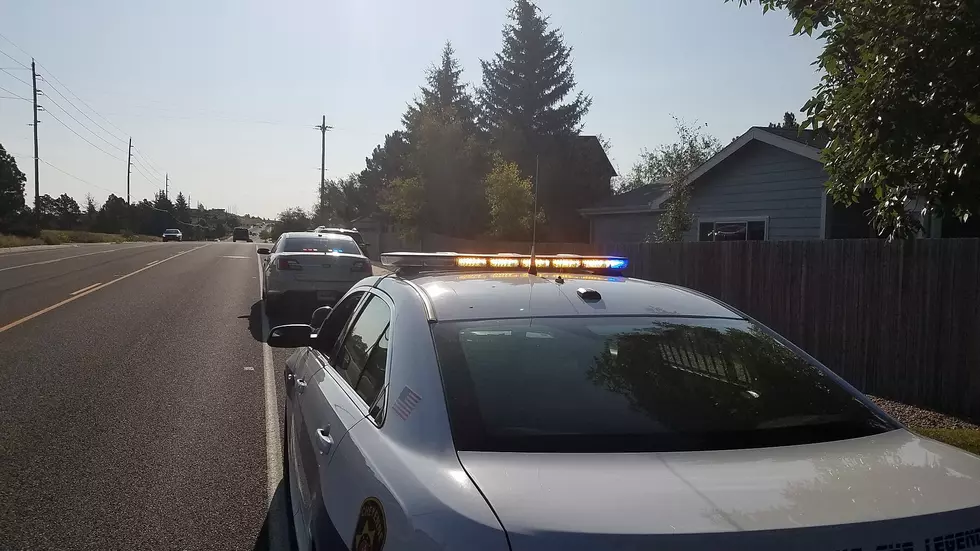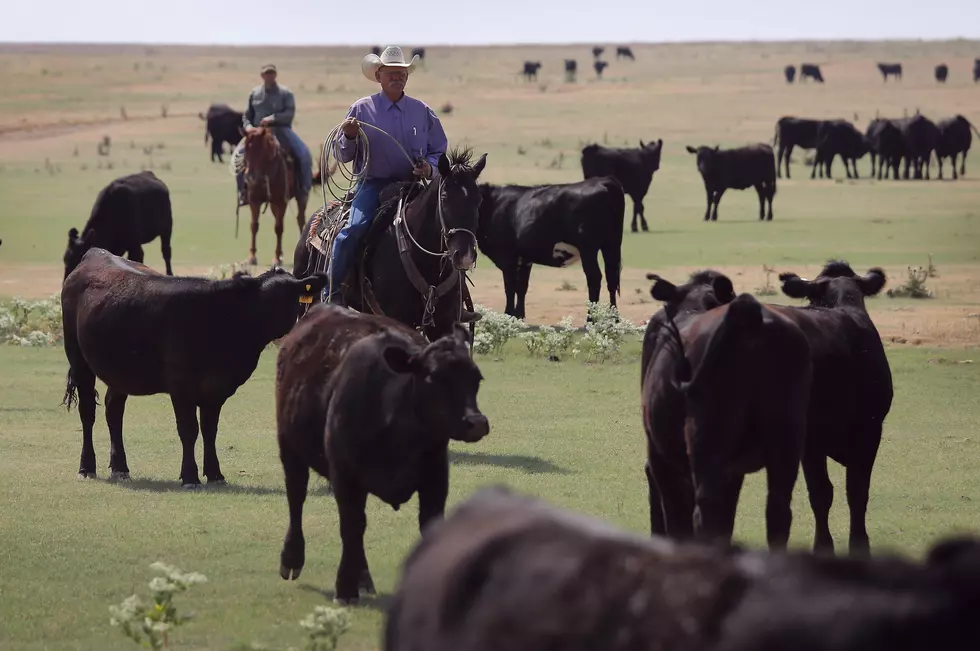
Legal Marijuana Sales, Growth, Possession Proposed in Wyoming
Voters would get to decide in the next general election whether to amend the Wyoming Constitution to allow people who are at least 21 year old to buy, grow and use marijuana.
Under the proposed amendment, the Wyoming Legislature would provide for an excise tax on cannabis sales in the state. The first $20 million of those sales would fund public schools.
House Joint Resolution 11 is sponsored by Rep. James W. Byrd, (D-Cheyenne). It was assigned a bill number on Monday.
Should the measure become law, people of legal drinking age would be allowed to possess up to three ounces of marijuana or 500 milligrams of extracted cannabis, which is found in products such as edibles or oils.
They would also be allowed to grow up to six plants at home, half of which may be mature. Legal owners would be allowed to keep all cannabis yielded by those plants in their homes.
The change would be effective July 1, 2019. On that date, the state liquor division would begin licensing cannabis establishments including facilities for growth, production, sale, consumption and independent testing.
Under the proposal, the legislature would pass any laws necessary to implement the change. Lawmakers would also provide for:
- A system of inspection, regulatory oversight and quality control;
- The protection of individual freedom and privacy with respect to noncommercial conduct;
- The prohibition of underage use and vehicle operation by anyone under the influence;
- "The implementation of standards for quality, packaging, labeling and advertising, including provisions designed to ensure cannabis is not targeted to or accessible to minors;"
- Civil penalties for failure to comply;
- Exempting employers from accommodating any use other than certain medical use;
- Separate regulation of industrial hemp;
- Geographic diversity of cultivation and other facilities.
The Wyoming Legislature would also place an excise tax -- on top of any other excise, severance or ad valorem tax -- on cannabis sold by any licensed facility.
The first $20 million in annual proceeds from the tax on marijuana sales would fund the state's public schools. Anything beyond $20 million would go to the state general fund.
Under the bill, lawmakers would provide for separate taxation for medical cannabis and industrial hemp.
More From Y95 Country









